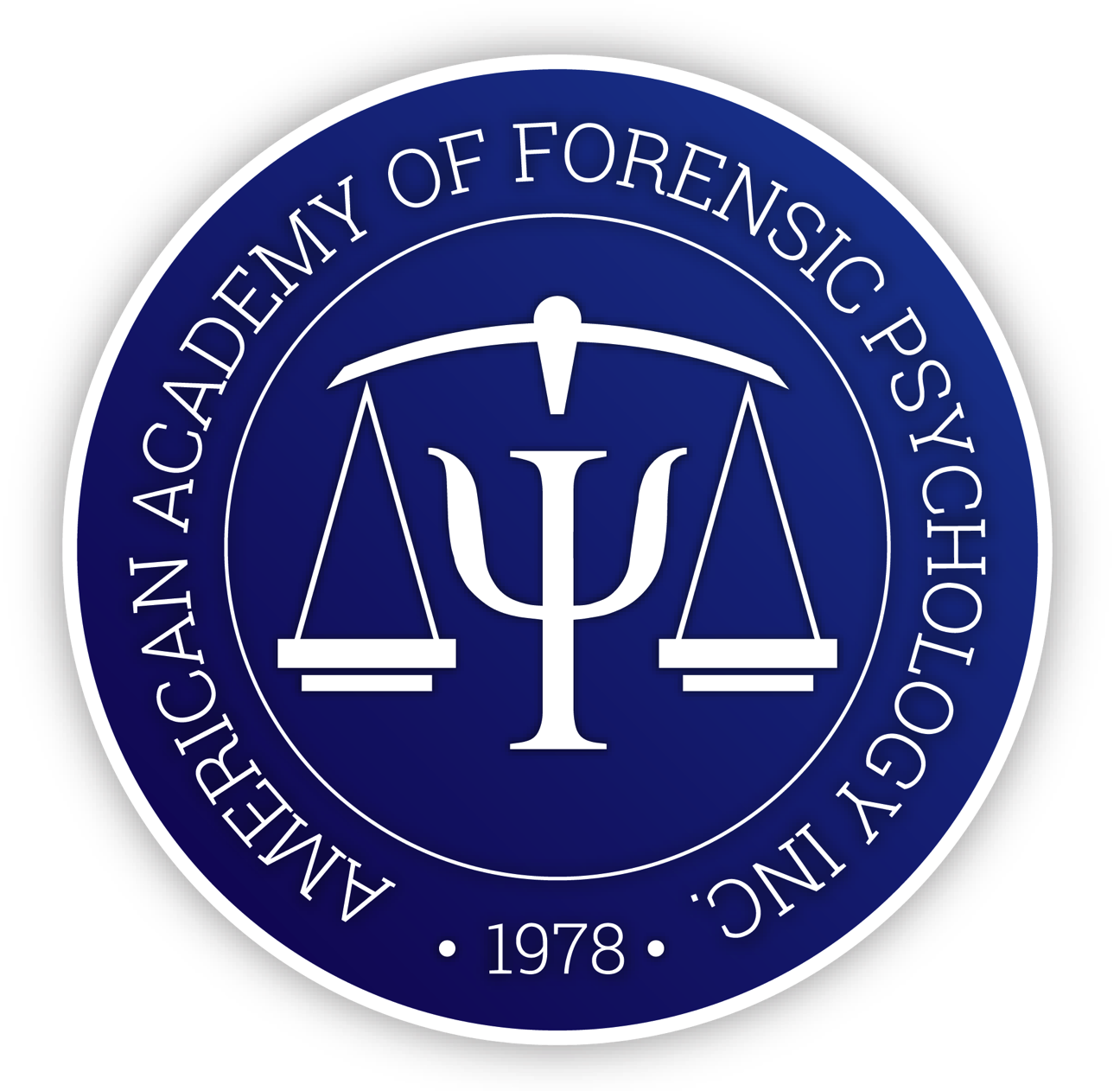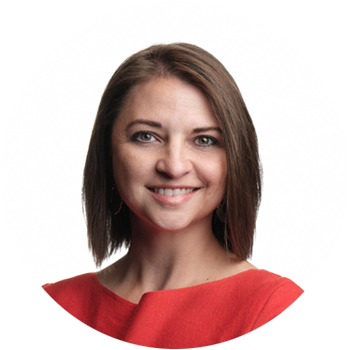4 Hours | 4 CEs
This on-demand professional training program on Reducing Bias and Error in Forensic Judgment is presented by Tess Neal, PhD in partnership with the American Academy of Forensic Psychology (AAFP)
This program is California POST CPE approved for 4 CE hours.
This program covers the basic science of how and why human judgments are susceptible to various kinds of bias, specifically emphasizing expert judgments in forensic settings. The program content focuses on bias and error reduction in forensic practice, supported by contemporary scholarship grounded in established research procedures.
These learnings should be applied in practice to improve expert forensic judgment and reduce bias and error. It would benefit society, justice, and the practitioners' reputation - those with good reputations and who do good work benefit in terms of job/promotion prospects, salary, and personal fulfillment. This program is uniquely valuable because it bridges cutting-edge science and practice to improve experts' judgments.
The program introduces a theoretical model clarifying when and why experts are protected against and when they are especially prone to bias. The implications of these findings for bias mitigation are discussed, as well as promising new directions for bias mitigation. The program is interactive, including experiential exercises and activities to demonstrate the topics described.
This program covers in detail empirical studies testing elements of the model, such as those bearing on the competing hypotheses of whether experts are vulnerable to bias vs. protected against bias by virtue of their expertise, how experts perceive themselves and their abilities, and the psychological mechanisms and real-world consequences of exaggerated confidence in objectivity. These studies are primarily done in the context of forensic judgment, forensic psychology, social work, and forensic science.
This program is intended for people in forensics in any work environment, at all career stages, including forensic psychologists, clinical psychologists, practitioners in forensic mental health and forensic science, and more broadly, scientists interested in expert judgment.

Intended Audience
This on-demand professional training program is intended for mental health and other allied professionals

Experience Level
This on-demand professional training program is appropriate for beginner, intermediate, and advanced level clinicians.

CE / CPD Credit
APA, ASWB, CPA, NBCC Click here for state and other regional board approvals.
Learning Objectives
Upon completion of this program you will be able to:

Describe 3 common biases that affect expert decision processes and explain ways in which they may compromise the validity and reliability of forensically-related judgments

Describe a theoretical model that clarifies when and why experts are protected against and when they are especially prone to bias

Describe practical bias mitigation strategies or steps to reduce bias in forensic work

Describe how strategies borrowed from open science, forensic science, and judgment and decision-making could be used to improve the rigor of and reduce bias in forensic judgments

Describe free high-quality resources for improving forensic practice

Curriculum
1. Introduction & Background
2. Poll Introduction, Implementation, & Discussion
3. Confirmation Bias Activity
4. Cognitive Bias
5. Why this is Important?
6. Foundation Bias: Theories of Cognition
7. Bias & the Bias Spot among Forensic Psychologists
8. Descriptive Biased Judgement Model
9. How do Experts perceive themselves?
10. Experts & Objectivity
Develop a Specialty Area of Practice
Transforming mental health professionals into experts
Expert Instructors
Professional training developed and delivered by the field's leading experts

CE Credit
Earn CE credit for meaningful professional training that will elevate your practice
Convenience & Flexibility
Learn at your own pace, from wherever you might be!
Program Partner
American Academy of Forensic Psychology (AAFP)
We are proud to partner with the American Academy of Forensic Psychology (AAFP) for this training. AAFP is a non-profit organization of board-certified forensic psychologists whose mission is to contribute to the development and maintenance of forensic psychology as a specialized field of study, research, and practice. The Academy does this by providing high-quality continuing education workshops, providing a forum for the exchange of scientific information among its members, and conferring awards upon outstanding students and practitioners in the field of forensic psychology.

CE Sponsorship Information
Palo Alto University, Continuing and Professional Studies (CONCEPT) is approved by the American Psychological Association to sponsor continuing education for psychologists. Palo Alto University, Continuing and Professional Studies (CONCEPT) maintains responsibility for this program and its content. Palo Alto University, Continuing and Professional Studies (CONCEPT) is approved by the Canadian Psychological Association to offer continuing education for psychologists. Palo Alto University, Continuing and Professional Studies (CONCEPT), SW CPE is recognized by the New York State Education Department’s State Board for Social Work as an approved provider of continuing education for licensed social workers #SW-0356 and the New York State Education Department’s State Board for Mental Health Practitioners as an approved provider of continuing education for licensed mental health counselors. #MHC-0073. Palo Alto University, Continuing and Professional Studies (CONCEPT) has been approved by NBCC as an Approved Continuing Education Provider, ACEP No. 6811. Programs that do not qualify for NBCC credit are clearly identified. CONCEPT Professional Training, #1480, is approved to offer social work continuing education by the Association of Social Work Boards (ASWB) Approved Continuing Education (ACE) program. Organizations, not individual courses, are approved as ACE providers. State and provincial regulatory boards have the final authority to determine whether an individual course may be accepted for continuing education credit. CONCEPT Professional Training maintains responsibility for this course. ACE provider approval period: 11/22/23-11/22/26. Social workers completing this course receive (clinical or social work ethics) continuing education credits.


